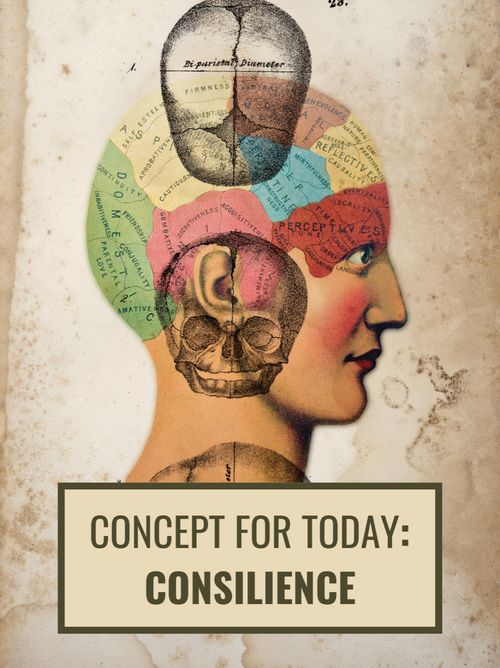Use this framework to become better at finding the "truth"
Feb 28, 2022 · 2 mins read
0
Share
Introduction. Science looks for the true nature of the world. History looks for a true account of the past. Social sciences attempt to find the reality of man's social world. Consilience is the process that helps people in these 3 - and many other - domains reach the "truth"👇
Save
Share
How senses use consilience. How do animals, including humans, reach the truth about their situation? They check if the data from different senses - vision, taste, smell, sound - converge. If the eyes, ears, nose, and hand are all reporting the same fact, it's likely true.
Save
Share
Consilience is the name for the phenomena when a "convergence of evidence" is recorded from multiple "unrelated sources." One source can be corrupted, misleading, or flawed - but if multiple unrelated accounts report the same fact, the fact can be more or less trusted.
Save
Share
How do we know the known size of the "Giza pyramid complex" is accurate? Because it's been measured in different ways such as "laser rangefinding," "satellite imaging," and on-ground manual measurements. All of these unrelated methods report the same number - consilience.
Save
Share
William Whewell came up with the word consilience in the 19th century with his phrase "consilience of inductions." The etymology of consilience is interesting - the word comes from the Latin com: "together," and siliens: "jumping." Consilience: varied sources jumping together.
Save
Share
Consilience was a word coined in the early 19th century that achieved fame in the late 20th century. Biologist E.O. Wilson wrote a book called Consilience: The Unity of Knowledge in 1998, arguing that science and humanities take different routes to the same conclusions.
Save
Share
The history of life. How do we know that our account of life's origin - evolution driven by natural and sexual selection - is accurate? Because "evidence from genetics, molecular biology, comparative physiology, and many other fields" combines to tell the same story.
Save
Share
Consilience is a way to prove the world's orderliness. Consilience is the chorus of evidence that proves that the world works according to a set of orderly rules, and these rules are independently verifiable via methods that are disconnected from each other.
Save
Share
Gossip can be considered a social consilience strategy. You share information, observe people's reactions, and triangulate from this the accurate response. If different people from different backgrounds have the same reaction to an incident, the consensus has some weight.
Save
Share
Bottom line. E.O Wilson argues that science's fragmentation and specialization results in the "unity of knowledge" becoming harder to acquire. Consilience - comparing conclusions from different disciplines to discover universal truths - reverses this fragmentation.
Save
Share
0
